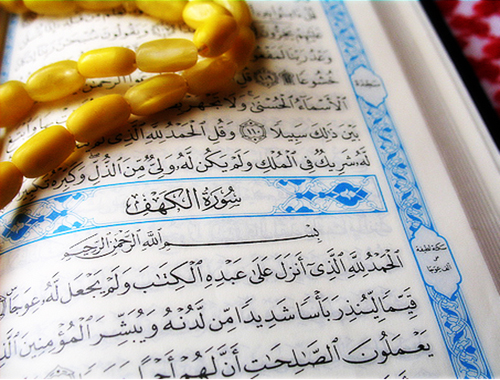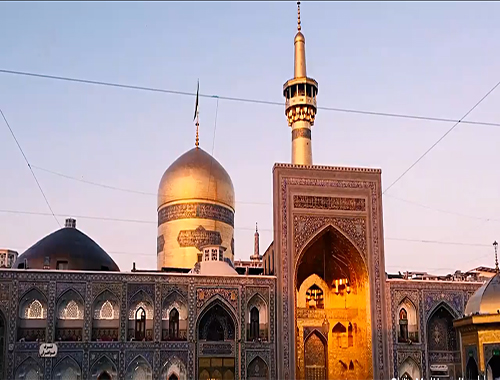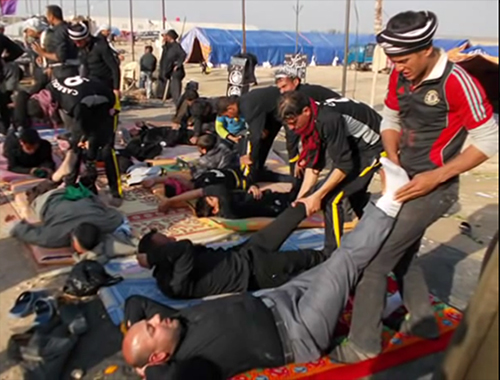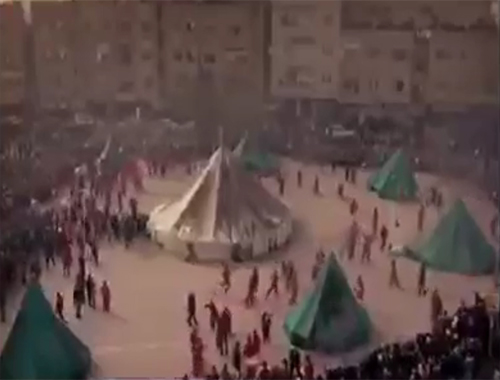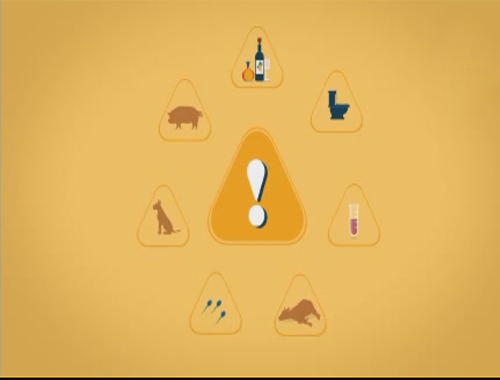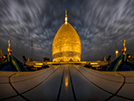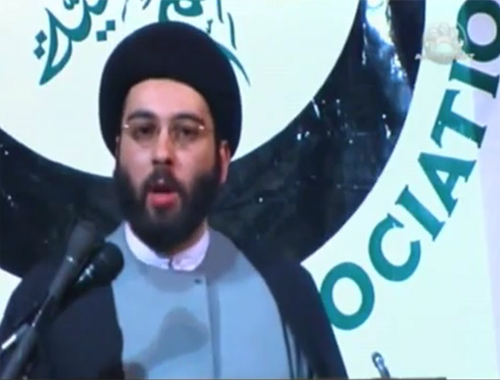9-Islamic Economics
- Details
- Hits: 3805
9- ISLAMIC ECONOMICS
Question:
Has Islam a special economic system?
Answer:
A healthy and free economic system exists only in Islam whereas the economic systems dominant in today’s world are not healthy due to one of these factors:
1. Either the system is corrupt in that it enables some to acquire millions beyond imagination, while others are dragged down to the lowest level of poverty and die in their thousands every day from hunger and nakedness.
2. Or the system is stifling and repressive since it does away with private ownership with the result that an individual lives in dire poverty.
Question:
What is an Islamic economic system like?
Answer:
The description of an Islamic economy requires several large volumes, so we will simply outline here the general basic principles that Islam has set out for dispelling poverty and need from society and raising the standard of living, which are as follows:
1-The broadening of freedom in all aspects of life:
Since people enjoyed freedom under an Islamic government, as was pointed out in the previous chapter, they would work hard and with sincerity and the road to prosperity was open to them. So they would enrich themselves and rarely would there be found among them anyone in need. This is because, as is well-known, the basic methods of acquiring wealth were permitted in every respect and no taxes or tolls were imposed upon them, nor restrictions or conditions.
So everyone would be busy and be working and his work would be his means of sustenance and his income would exceed what he needed. However under secular legal-systems:
1. The sources of wealth are restricted and profiting from them is not open to all.
2. What is allowed to be profited from is subject to taxes and other dues.
3. The mere making of a profit is bound up with restrictions and conditions. Rarely, therefore, is one able to benefit from the basic sources of wealth and even if one can, conditions and taxes are imposed upon any gain one might make. Indeed if we say that these restrictions have reduced the level of the creation of wealth to 20% of what it should be, we have not exaggerated.
Take the example of Iraq. Under Islamic governments it was flourishing with agriculture and development projects but now under non-Islamic rule only a small part of Iraq is prosperous and the rest of it is in ruin. Whereas under Islamic governments 40 million people were living off its resources, its population today barely reaches 8 million1.
2-The Structural Simplicity of Islamic Government:
A fine example of this simplicity can be seen at the time Iraq came under Islamic rule when only three people went there from Medina to govern the country.
The secret of this simplicity is that the apparatus of government is there in the first instance to ensure that there is justice among the people, secondly to protect the country from its enemies and thirdly to bring about greater prosperity throughout the land.
Moreover, Islamic government is :
1. Popular government to the highest degree.
2. Does not recognize the restrictions which only lead to a plethora of departments.
3. Opposes bureaucracy and strives to solve problems speedily.
4. Creates a climate of trust among the people by demonstrating what having faith and a conscience should entail.
In this manner, Islamic government does not need numerous departments and so its employees are few in number which means that the wealth at its disposal is considerable. This in turn brings about a growth in the economy for two reasons:
1. The government employee generally does not generate his own income but instead is dependent in the long run on the labour of others. Therefore if the number of employees is reduced the money that otherwise would have to be spent on paying salaries can be saved, and the government will consequently have more money at its disposal and can direct its attention to other vital projects.
2. Those who are not employed by the state work for themselves and generate wealth, whereas if they were employed by the state they become, in effect, consumers.
For example: If there are 10 people in a house and each one earns 1 dinar and then the government employs 5 of them, the money being generated will be 5 dinars to be shared among 10 people, whereas if there were only 1 employed among them, the income generated would be 9 dinars to be shared among 10 people.
3- The Treasury:
Khums, zakat, jizya and kharaj were collected for the treasury, the first three categories having already been explained.
Kharaj is the yield from those lands which are in the possession of the state or which have been acquired by the Muslims by virtue of war and so forth.
The duty of the treasury is twofold:
1. To meet all the needs of the people.
2. To look after every aspect of the welfare of the people.
For example, the treasury gives money to a poor man so that he can be free of want; to a traveller in need so that he can return home; to an unmarried man so that he can get married; to someone who is sick who cannot afford treatment so that he can get well; to someone who does not have any capital to start a project so that he can make a living; to someone who needs a house to live in, in order that he might build one; to someone who wants to embark upon a course of study but has not got enough money so that he is able to do so - and so on and so on.
In short, every person in need approaches the treasury which is then obliged to help him out of duty and so this help is not like a donation or act of piety. From another aspect, it is incumbent upon the treasury to look after the welfare of the Muslim community as a whole by, for example, building roads and illuminating them efficiently, establishing hospitals, opening schools and building mosques.
As a result no one will remain in need nor will there be any aspect of the public good inadequately funded.
With these three things to which we have alluded: the extension of freedom, the simplicity of the machinery of government and the institution of the treasury, Islam is able to make society more prosperous and so the Islamic economic system is the best system and differs from capitalism, wherein the distribution of wealth is unbalanced, and from a communist economy which does not attend to the priorities and real needs of the people.

